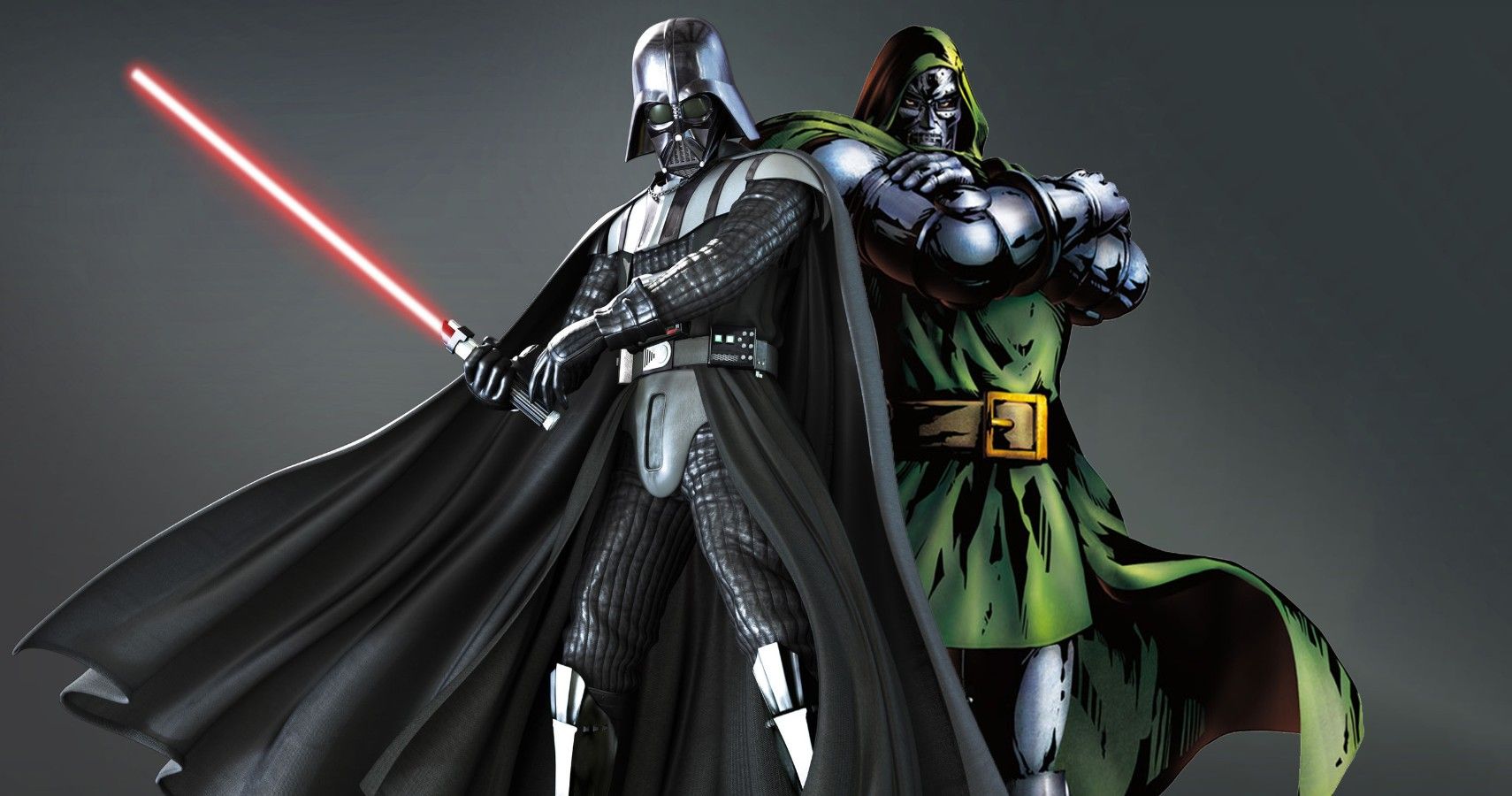The dictionary defines Antagonist as a person who actively opposes or is hostile to someone or something, an adversary. Which strongly suggests a need to comprehend the protagonist to spin up the antagonist.
Plenty of people espouse the idea of the antagonist being a mirror to your protagonist. If the protagonist is sitting on the sunny side of the mirror, the antagonist lives and moves in the shadows.
It sets up the story and the conflict so that everything the protagonist must thwart and overcome to accomplish their goal is not just their antagonist, it’s also a part of themselves. This is the old Western movie where what separated the good guys from the bad guys is the thinnest of lines. At the start of the movie, you get the sense that good stiff breeze could blow the good guy over to join the black hat gang.
But let’s return to that definition of antagonist for a moment. Remember how it specifies a person? If you’re of a certain age, you may recall that your high school English classes listed five different types of conflict:
Man vs Man
Man vs Nature
Man vs Society
Man vs Supernatural
Man vs Self
Only one of those five allows for a human antagonist. So more broadly defined, antagonists are obstacles. They can be anything and anyone standing in our way. But, you know, a wall is an obstacle, but I might not call it an antagonist. Sometimes obstacles are only obstacles and they don’t rise to the level of antagonist. I feel like there’s one crucial piece of the puzzle left – change.
Unless you’re writing literary fiction, protagonists need character arcs. They must change and grow in order to finally achieve their goals. Yet who among us likes to have their flaws pointed out to them, much less likes to have to root out and excise those flaws? Most humans only change under duress – when the pain of the flaw is greater than the pain of change.
It is the antagonist’s job to apply that pain. It is the antagonist’s job to force the protagonist to take a long, hard look at themselves and choose. It’s the antagonist’s job to leave the protagonist with no choice but to change.
How do I pick the right antagonist for my stories? It will come as a surprise to no one – I start with character. Usually protagonists. When a story idea rears up from the deep, an antagonist usually lurks in the idea, already. But as I begin sketching out the proof of concept and doing all the pre-writing character work, the protagonists’ arcs, replete with wounds, faulty beliefs, and flaws takes shape. I get a sense of each protagonists’ greatest fears. The antagonist must then embody those fears and force the protags to face and to overcome them.
In that sense, the antagonist is partially a hero of the story. They are the catalyst that forces reaction from the protagonist who would go on taking the path of least resistance forever and accomplishing nothing.
It’s a big relief to read or see a story where the protagonist is bounced off all the other molecules inside a story flask. Especially when the biggest obstacle most of us face is whether to fold the laundry the minute the dryer buzzes or let it sit in there over night moldering.










